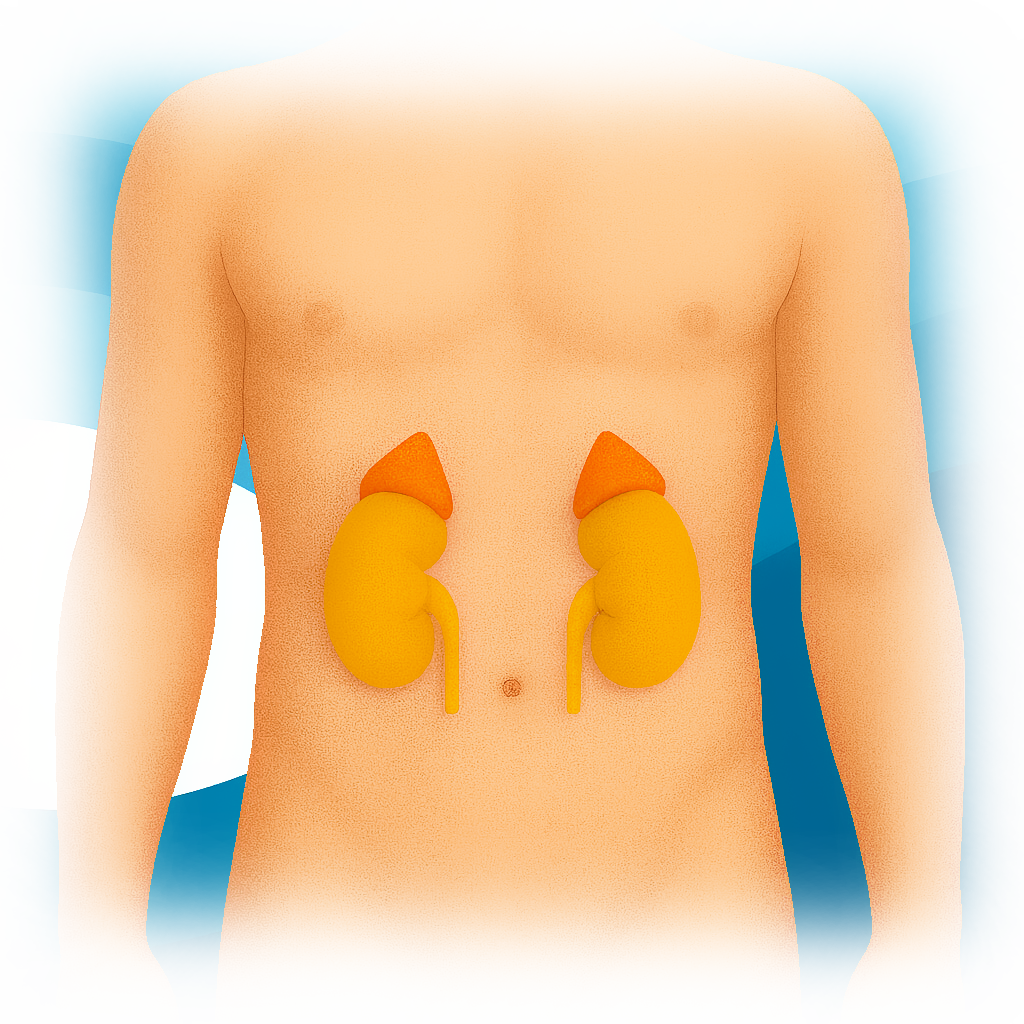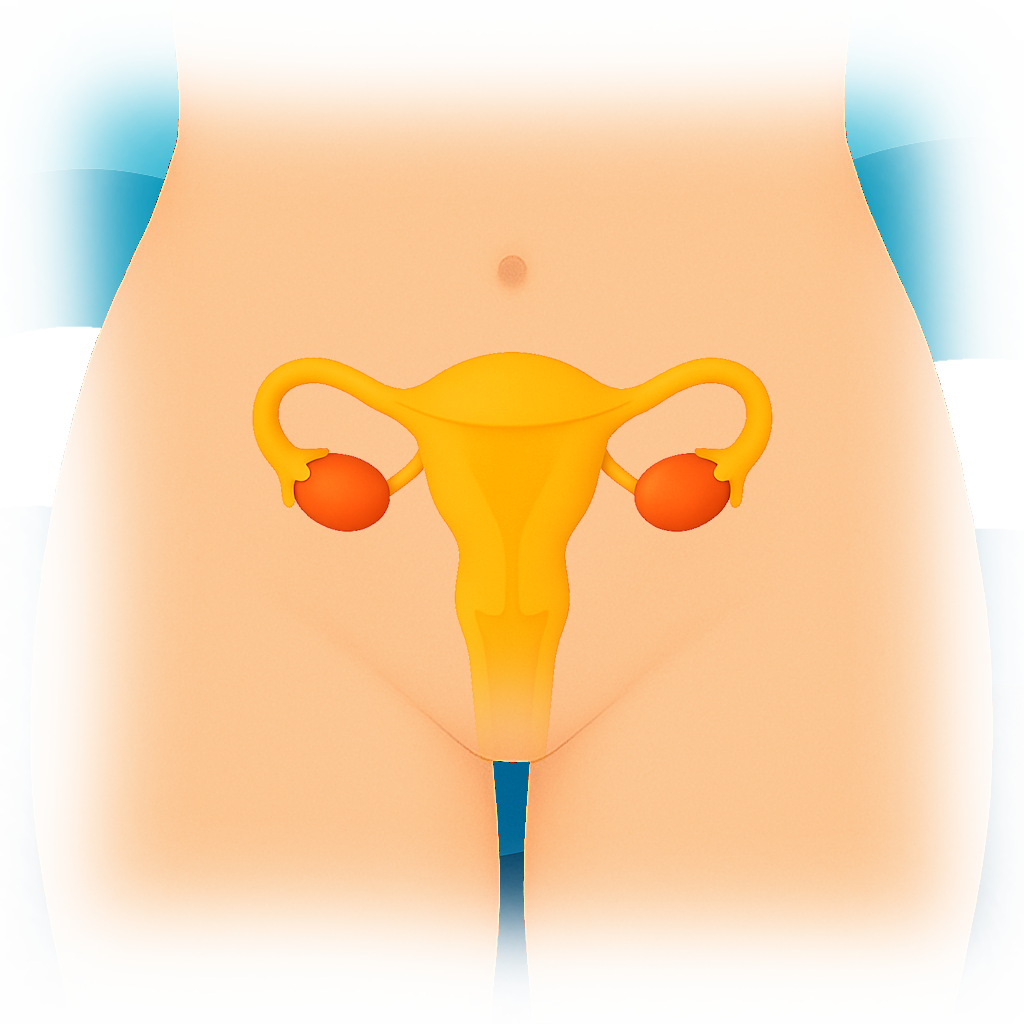Female Basic Hormone Panel Blood Test
- $98.95
The following is a list of what is included in the item above. Click the test(s) below to view what biomarkers are measured along with an explanation of what the biomarker is measuring.
Also known as: Dehydroepiandrosterone Sulfate, DHEA SO4, DHEA Sulfate Immunoassay, DHEAS, Transdehydroandrosterone
DHEA SULFATE
Estradiol
Also known as: Progesterone Immunoassay
Progesterone
Also known as: Testosterone Free Dialysis and Total LCMSMS
Free Testosterone
TESTOSTERONE, TOTAL,
The Female Basic Hormone Panel Blood Test panel contains 4 tests with 5 biomarkers .
Brief Description: The Female Basic Hormone Panel Blood Test is a fundamental diagnostic tool designed to assess the levels of key hormones that play crucial roles in a woman's reproductive health, metabolism, and overall well-being. This panel typically includes tests for DHEA Sulfate, Estradiol, Progesterone, and both Free and Total Testosterone. By evaluating these hormone levels, healthcare providers can gain insights into a woman's hormonal balance, which is essential for diagnosing and managing various health conditions.


Collection Method: Blood Draw ![]()
Specimen: 4.8 mL Serum 

Test Preparation: Dietary supplements containing biotin may interfere in assays and may skew analyte results to be either falsely high or falsely low. For patients receiving the recommended daily doses of biotin, draw samples at least 8 hours after the last biotin supplementation. For patients on mega-doses of biotin supplements, draw samples at least 72 hours after the last biotin supplementation.

|
This panel is intended for female patients that are 18 years old or older. If this panel is ordered for a pediatric (under 18) patient, the lab will automatically change the Estradiol test code to and charge for Estradiol, Ultrasensitive LC/MS/MS #30289. |
When and Why the Female Basic Hormone Panel Blood Test May Be Ordered
This panel is often ordered for women experiencing symptoms suggestive of hormonal imbalances such as irregular menstrual cycles, fertility issues, symptoms of menopause, unexplained weight gain or loss, fatigue, or acne. It can also be used to monitor hormone levels in women undergoing hormone replacement therapy or those with conditions known to affect hormonal balance, such as polycystic ovary syndrome (PCOS) or ovarian dysfunction.
What the Female Basic Hormone Panel Blood Test Checks For
 DHEA Sulfate: This test measures the levels of DHEA sulfate, a hormone produced by the adrenal glands that serves as a precursor to both estrogens and androgens. It's an indicator of adrenal function and can provide insights into adrenal health and aging.
DHEA Sulfate: This test measures the levels of DHEA sulfate, a hormone produced by the adrenal glands that serves as a precursor to both estrogens and androgens. It's an indicator of adrenal function and can provide insights into adrenal health and aging.
 Estradiol: Estradiol, the primary form of estrogen in women of reproductive age, is crucial for regulating the menstrual cycle and reproductive system. This test can help assess ovarian function and monitor fertility treatments or menopausal status.
Estradiol: Estradiol, the primary form of estrogen in women of reproductive age, is crucial for regulating the menstrual cycle and reproductive system. This test can help assess ovarian function and monitor fertility treatments or menopausal status.
Progesterone: Progesterone is a key hormone in the menstrual cycle and pregnancy. Its levels can indicate ovulation and overall ovarian health. Testing progesterone levels is particularly important for evaluating fertility and pregnancy health.
Testosterone Free and Total: Although testosterone is often considered a male hormone, it also plays a significant role in women's health, affecting libido, bone density, and muscle strength. This test measures both the free (biologically active) and total levels of testosterone.
Conditions and Diseases Detected by the Female Basic Hormone Panel Blood Test
This panel can help in the detection and management of several conditions:
- Polycystic Ovary Syndrome (PCOS): Characterized by irregular menstrual periods, excess androgen levels, and polycystic ovaries, PCOS can be suggested by elevated testosterone levels and imbalances in estradiol and progesterone.
- Menopause and Perimenopause: Changes in estradiol and progesterone levels can indicate the onset of menopause or the transition phase known as perimenopause, helping to manage associated symptoms.
- Adrenal Disorders: Abnormal levels of DHEA sulfate can indicate adrenal gland disorders such as adrenal hyperplasia or adrenal insufficiency.
- Ovarian Dysfunction: Abnormal estradiol or progesterone levels can signal issues with ovarian function, impacting fertility and menstrual health.
Using the Female Basic Hormone Panel Blood Test Results in Clinical Practice
Healthcare professionals use the results from this panel to:
- Manage PCOS: By adjusting lifestyle interventions and possibly prescribing medications to regulate menstrual cycles and reduce symptoms.
- Address Menopause and Perimenopause: Through hormone replacement therapy (HRT) or other treatments aimed at relieving symptoms and protecting long-term health.
- Treat Adrenal Disorders: By prescribing medications to correct hormonal imbalances or recommending surgery in severe cases.
- Improve Fertility: By offering treatments that can stimulate ovulation or address underlying hormonal imbalances.
The Female Basic Hormone Panel Blood Test is a valuable diagnostic resource for understanding a woman's hormonal health. By providing a snapshot of crucial hormones, this panel aids in diagnosing, treating, and monitoring conditions that affect women's reproductive health, metabolism, and overall well-being. With these insights, healthcare providers can offer targeted treatments to restore hormonal balance and improve quality of life.
We advise having your results reviewed by a licensed medical healthcare professional for proper interpretation of your results.

 Test Swap
Test Swap